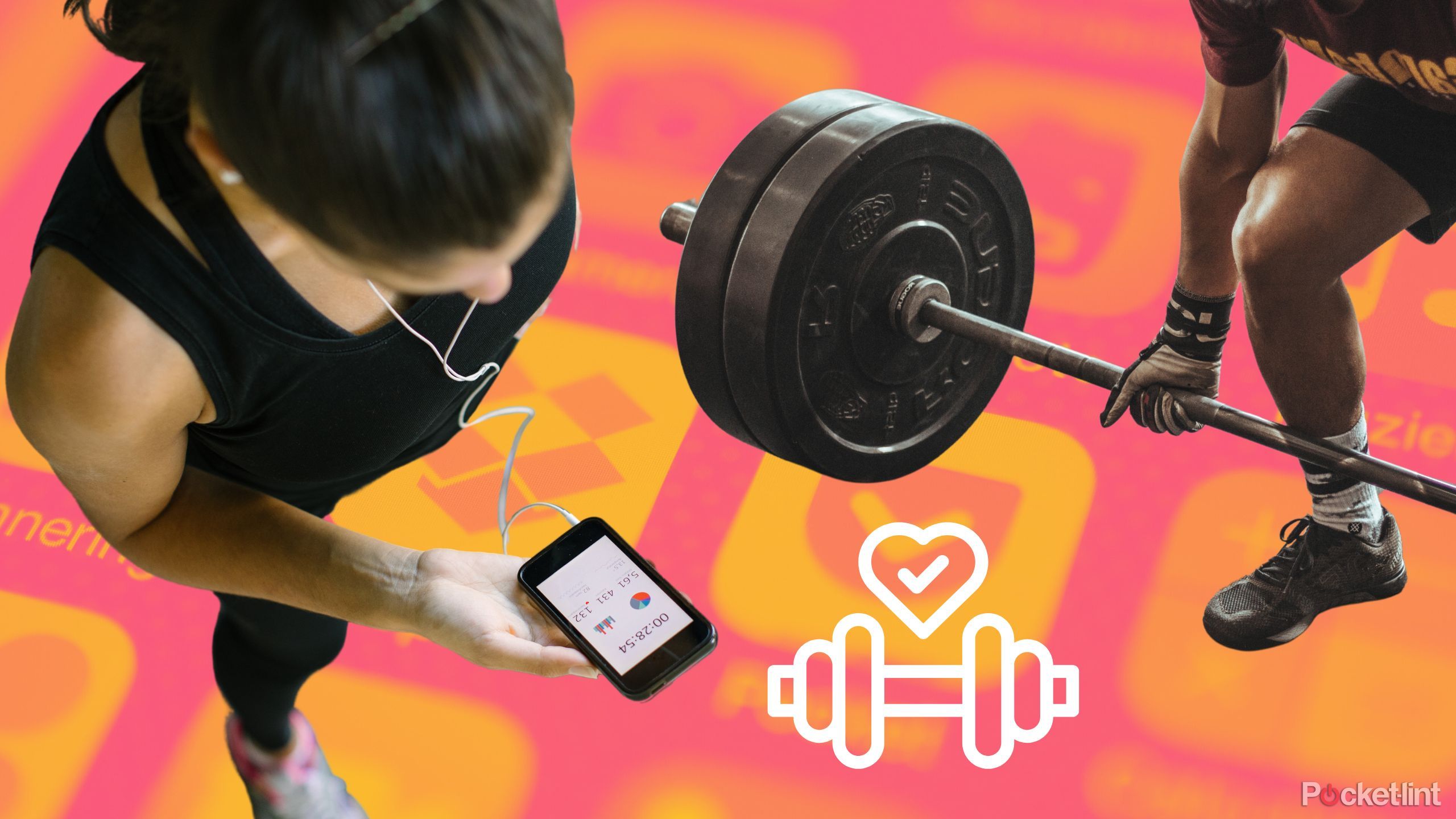
I'm not sold on the idea of AI health coaching apps on my phone
- 16.03.2025 18:08
- pocket-lint.com
- Keywords: AI, Apple, Coaching App
The author expresses skepticism toward AI health coaching apps, noting their reliance on trial-and-error methods and conservative recommendations, which often fail to meet the needs of more experienced users. They argue that basic fitness principles and traditional training can achieve results without AI tools, making paid AI coaching services less appealing.